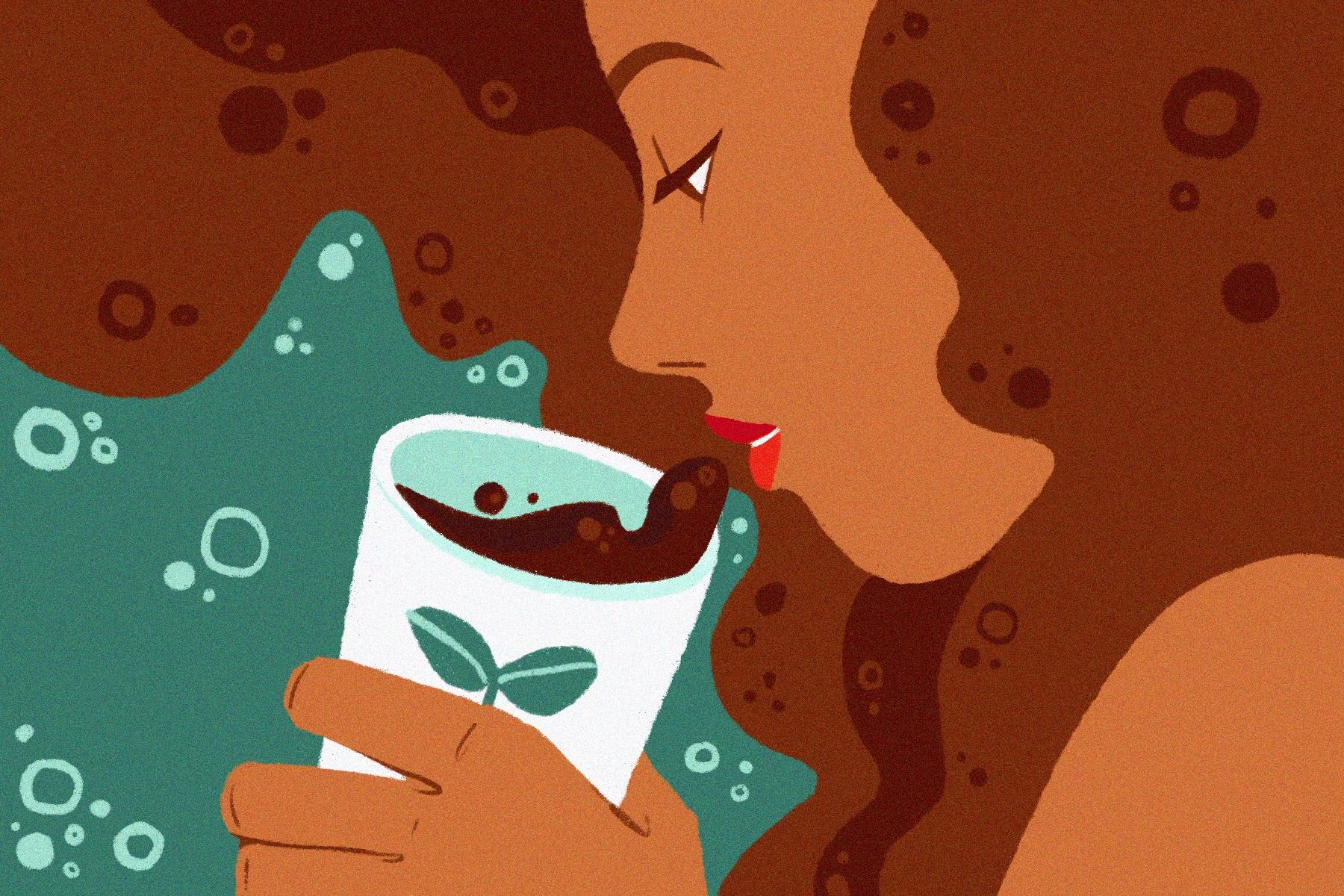Americans drink 146 billion cups of coffee a year, and it’s pretty clear that caffeine consumption is a key component of our culture. Coffee is everywhere — there are estimated to be over 35,000 coffee shops in the U.S. But this much coffee comes with a price, and the production requirements have taken a toll on economies and environments all over the world. Everyone involved, from the businesses to the consumers, is responsible for the change effected by the coffee industry. To combat the adverse effects, many have turned to ethical coffee as a solution.
The Price of a Bean
The modern concept of ethical coffee emerged in the 1960s, when the International Coffee Agreement of 1962 regulated the global coffee trade by creating export quotas, which ultimately kept prices stable for farmers and other producers. However, the agreement effectively collapsed in 1989, mainly because the quota system was being abused, and the subsequent emergence of private traders led to coffee prices dropping to half their original value.
To fix this, the Netherlands launched the first Fairtrade label. The initiative would allow co-operatives to sell their coffee at a guaranteed minimum price — today, that price is $1.40. That number allows producers to cover their expenses at the very least, even during a bad season. Now, 30 years later, almost 800,000 farmers work with the Fairtrade organization.
@FAIRTRADE @IAFgrassroots @CLACFairtrade sign agreement to work together to bring benefits to Latin American and Caribbean farmers #TradeFairLiveFair #ChangingTradeChangingLives #fairtrade https://t.co/bBFqN3n9lY pic.twitter.com/lgnzepjw0u
— Fairtrade Intl (@FAIRTRADE) July 2, 2019
But Fairtrade hasn’t solved all of producers’ economic problems; for one, Fairtrade imposes regulations for quality control, which, while well-intentioned, are costly in practice. Co-ops often find that they don’t turn much of a profit, and many barely break even when they become Fairtrade-certified. Also, the price guarantee is a double-edged sword because, while it helps to stimulate production by paying producers more for their coffee, prices increase when supply is low, rather than high.
One alternative to Fairtrade is its close cousin, direct trade, which puts the roaster in direct contact with the producer. By cutting out the middleman, direct trade allows farmers to reap more profit for their coffee. Roasters develop a relationship with their growers, and they can be sure of a high-quality product in exchange for a great price.
But, like Fairtrade, it’s not without its share of issues. The direct trade buying model makes it difficult to regulate quality, as there is no standard or certification associated with the relationship. Still, in terms of giving farmers the best price for their product, direct trade reigns supreme.
A Caffeinated World
However, many people, especially consumers, regard ethical coffee as pertaining to more than just economics; coffee is ethical when it is also environmentally conscious. When coffee farmers annually produce 23 billion pounds of beans worldwide, it’s bound to take a toll on the land; in particular, it causes major deforestation because, as growers make more room for the beans, they wipe out existing plant life and douse the areas in pesticides, effectively eliminating any viable habitats for indigenous species. Deforestation is linked to climate change and animal extinction and can, ironically, render regions unfarmable, so it’s no wonder that consumers are concerned.
Environmentally-conscious buyers can look for the UTZ/Rainforest Alliance or Organic Certified label on their beans. The Rainforest Alliance requires participating companies to be committed to land conservation and ethical hiring practices, and, this year, they partnered with UTZ, a similar organization that looks specifically at coffee agriculture. Associated growers are regularly audited to ensure they are abiding by the requirements for partnership. Meanwhile, coffee can become Organic Certified when it is grown without use of synthetic pesticides, herbicides and fertilizers.
Putting it into Practice
So, which brands are committed to ethical coffee? There are too many to list, but some of the top names include Stumptown, Pure Vida, Counter Culture Coffee and, yes, Starbucks.
Stumptown is a lesser-known coffee roaster, with shops and roasteries in all corners of the U.S., from New York to LA to New Orleans to Portland. It prides itself on a direct-trade relationship with its growers, and some of its blends are certified organic.
Pure Vida was one of the first roasters to exclusively sell Fairtrade coffee. They’re an online company that also contributes a portion of their proceeds to The Create Good Foundation, which works to fund programs that help children in at-risk communities.
Counter Culture Coffee was created with the intention of being sustainable; they have a bird-friendly coffee line, they’re certified organic and they’re committed to their own environmental research, which includes educating young people about sustainable practices. In addition, their roasters have a direct-trade partnership with their producers, and the company founded the Coalition for Coffee Communities in 2012, which is an initiative created to address food security issues in coffee-growing communities.
And, although everyone loves to hate on it, Starbucks uses its prowess in the coffee world to do some good. The country’s most profitable coffee company sources 99% of its beans using Fairtrade and/or its own C.A.F.E. practices (short for Coffee and Farm Equity), which implements a points system that incentivizes growers to utilize sustainable growing measures.
https://www.instagram.com/p/BvhBZ6Plfpd/
Unconventional Ethicality
It’s important to address the issues that commonly surround the discussion of ethical coffee, and it’s clear that a lot of companies are working to tackle the economic and ecological problems that have arisen in their industry. But what else can ethicality mean in the world of coffee?
For Roosevelt Coffee, it means donating; the Ohio-based roaster donates to over 10 different organizations that work to provide communities with clean water, fight local hunger and stop human trafficking. So far, they have donated over $100,000 to these causes.
I Have a Bean is all about second chances. Located in Chicagoland, this coffee company is known not only for their Fairtrade, single-origin coffee, but also for their program to hire formerly-incarcerated employees. Their ultimate goal is to expand to communities all across the nation, in order to become a widely-accessible career option for job-seekers, post-prison.
For one North Carolina company, ethicality means combatting ableism in the workplace. Bitty and Beau’s, a coffeehouse that opened in 2016, is committed to inclusion, and the shop is run by employees who have learning disabilities. In the three years since its launch, Bitty and Beau’s has been successful enough to open two new locations, in South Carolina and Georgia.
The Last Drop on Ethical Coffee
Coffee is an integral part of the American experience, but with that comes the responsibility to create a sustainable environment so we can enjoy our favorite brews for years to come. Thanks to the efforts of certifications and alliances, as well as the nontraditional aims of some lesser-known roasters, coffee practices are becoming more ethical, from the ground to your cup.
















